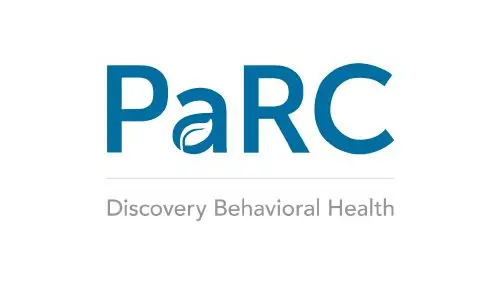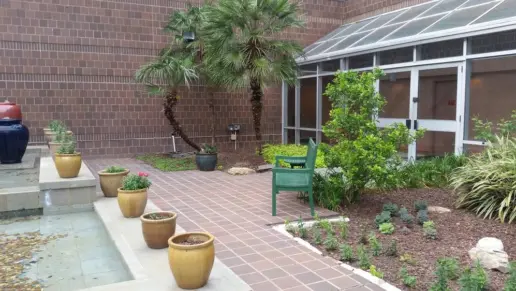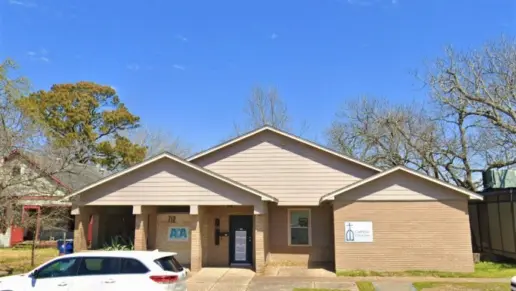About DWC – Gratitude House
DWC – Gratitude House is a transitional living facility in Amarillo, Texas for women and their children. They offer a stable living space to focus on recovery. You’ll benefit from a balance of autonomy and support as you rebuild your life for a brighter future.
Their sober living home is the second phase in their recovery program. Their apartment complex offers fully furnished one and two bedroom options with 24/7 staff support.
You’ll have assistance to prepare for reintegrating into society after treatment. They motivate independence with responsibilities such as working, paying rent, attending school and participating in 12 Step and mandatory meetings.
One thing that makes them shine is their location. Their apartment is centrally located, with schools, parks, work opportunities and childcare nearby. With most necessities within reach you can focus solely on recovery and restoring your life.
Another standout feature is their supportive services. They encourage you to set financial and educational goals while aiding your success. They also support you through nurturing your spiritual beliefs. You can access the tools to gain and improve parenting skills, budgeting, household management and self esteem.
Other Forms of Payment
Addiction Treatments
Levels of Care
Treatments
The goal of treatment for alcoholism is abstinence. Those with poor social support, poor motivation, or psychiatric disorders tend to relapse within a few years of treatment. For these people, success is measured by longer periods of abstinence, reduced use of alcohol, better health, and improved social functioning. Recovery and Maintenance are usually based on 12 step programs and AA meetings.
During rehab in Texas, you'll deal with underlying issues that contribute to addiction. By addressing these challenges and learning healthy ways to cope with them, you'll develop strategies that help you live a drug-free lifestyle.
Opioid rehabs specialize in supporting those recovering from opioid addiction. They treat those suffering from addiction to illegal opioids like heroin, as well as prescription drugs like oxycodone. These centers typically combine both physical as well as mental and emotional support to help stop addiction. Physical support often includes medical detox and subsequent medical support (including medication), and mental support includes in-depth therapy to address the underlying causes of addiction.
Substance rehabs focus on helping individuals recover from substance abuse, including alcohol and drug addiction (both illegal and prescription drugs). They often include the opportunity to engage in both individual as well as group therapy.
Programs


Clinical Services
Group therapy is any therapeutic work that happens in a group (not one-on-one). There are a number of different group therapy modalities, including support groups, experiential therapy, psycho-education, and more. Group therapy involves treatment as well as processing interaction between group members.
In individual therapy, a patient meets one-on-one with a trained psychologist or counselor. Therapy is a pivotal part of effective substance abuse treatment, as it often covers root causes of addiction, including challenges faced by the patient in their social, family, and work/school life.
Life skills trainings involve all the skills a person must have in order to function successfully in the world. These include time management, career guidance, money management, and effective communication. Truly successful addiction recovery is based on the ability to not only live substance-free, but to thrive. Life skills teaches the practical necessities of functioning in society, which sets clients up for success in life, and therefore sobriety.
Amenities
-
Residential Setting
-
Private Transportation
Staff & Accreditations
Staff
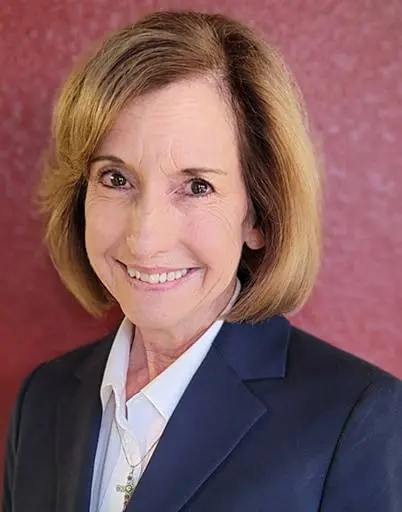
Executive Director
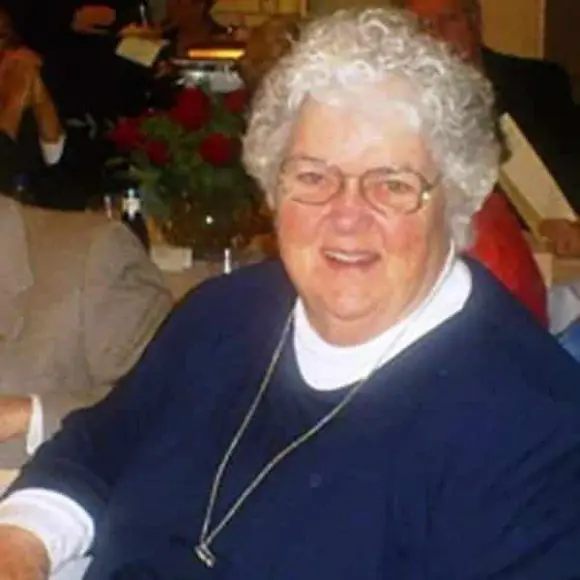
Founder

Finance Director

Program Director

Operations Manager

Human Resources Manager
Accreditations

State Licenses are permits issued by government agencies that allow rehab organizations to conduct business legally within a certain geographical area. Typically, the kind of program a rehab facility offers, along with its physical location, determines which licenses are required to operate legally.
State License: Texas
License Number: 29115226
Contact Information
1101 South Jackson Street
Amarillo, TX 79101
